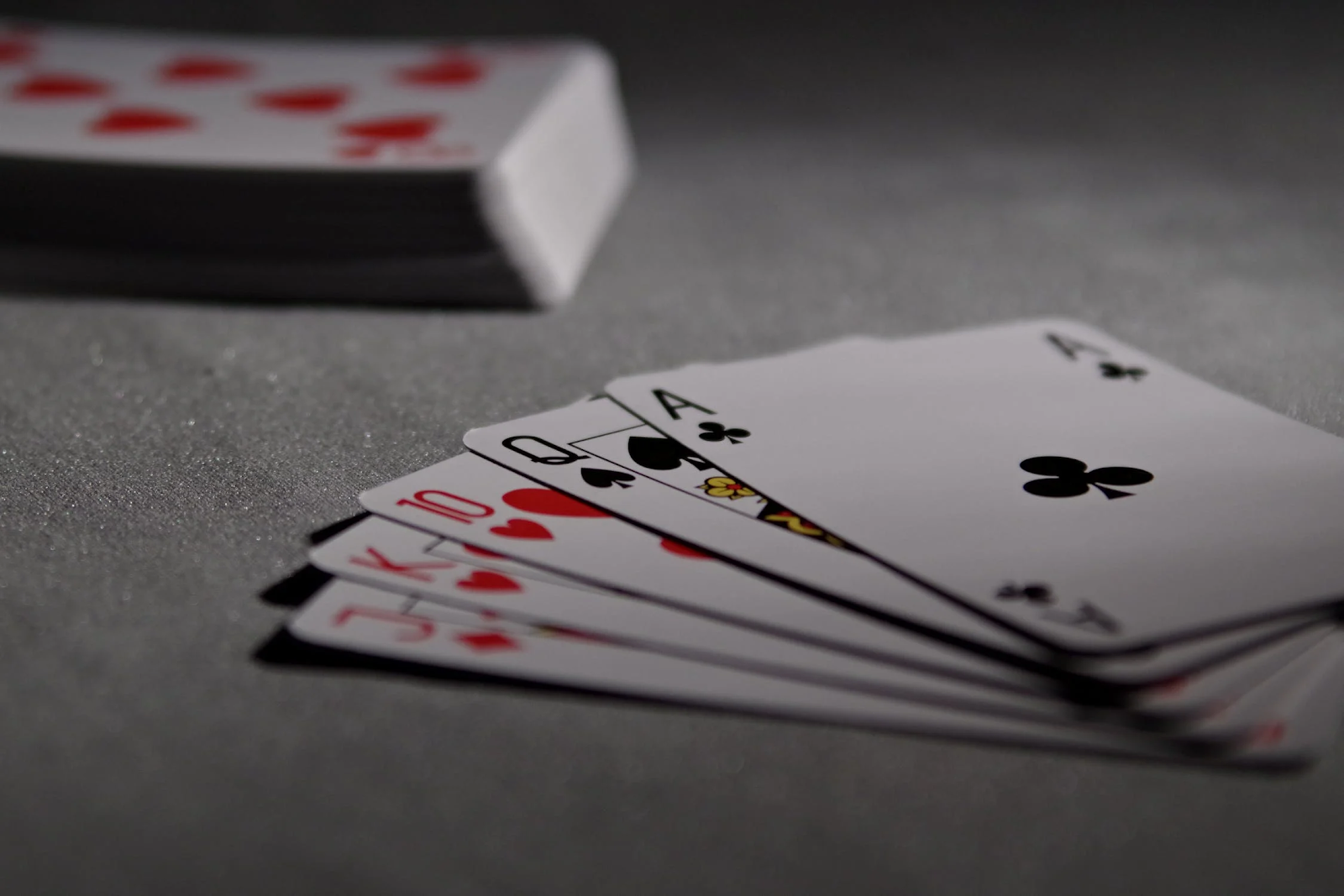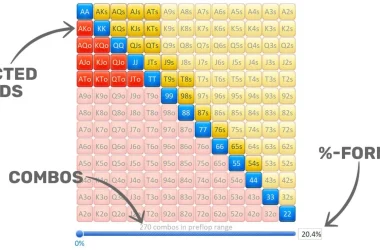Rummy variations explore different aspects of the classic card game and offer a new challenge to players. They include the use of wild cards, different phases, and other unique game features. Adding these elements to your play may improve your chances of winning.
In points rummy, players compete to group their cards into sets and sequences. The player who declares a valid set and sequence first wins an amount equal to the pre-decided point value.
Rules
Regardless of the variant, the rules of rummy are essentially the same. The game involves grouping cards into sets and sequences to form melds. These melds can be consecutive cards of the same suit, or they can be mixed suits. The highest value meld wins the game.
Gin Rummy, a distinct version of the game, accommodates 2-4 players and departs from 13 Card and 21 Card Rummy by allotting 10 cards to each player for set and sequence creation. It also allows a player to win without having a full valid set by ‘knocking’ with a point value less than 10. It is scored on the difference between the winner and his opponent’s deadwood points.
Variations
There are many variations of rummy, but they all share similar gameplay. The objective of the game is to form sets and sequences by picking and discarding cards. The first player to get rid of all of his/her cards wins the game.
Dummy rummy is one of the most popular variants of rummy and can be played by 2-4 players. It uses two standard decks with four jokers and 108 cards in total. In this variation, the number ’2’ cards are treated as wild card jokers. Players can also meld runs of three or more cards of the same suit. The game is played for 10 deals.
Scoring
A variety of rummy games exist that add new elements to the game while requiring different skills and strategies. These variations may include the addition of wild cards, jokers, or specific phase requirements. They can also alter the scoring system.
Another variation, called Oklahoma rummy, includes the notion of marriages, which are pairs of identical cards of different suits, and is played by two to six players. The goal of the game is to be the first player to meld all cards in their hand.
13 card rummy is the most popular version of this game. This variant requires a higher level of skill and concentration than other rummy variations.
Wild cards
The game of rummy is a popular card game with multiple variants. The main objective of the game is to form pure and impure sets and sequences before your opponent. The game is played with 13 cards. The ace card carries a fixed value of 15 points and the jokers carry 25 points each.
Deals Rummy is a fast-paced game among 2-4 players. This variant differs from 13 Card and 21 Card Rummy in that players are dealt a set number of chips. At the end of each round, the player with the lowest deadwood score wins all of the chips. The game includes twos as wild cards, adding an extra element of strategy.
Jokers
In this variant of rummy, jokers act as wild cards and can be used to form melds in any combination. It’s a fast-paced game of rounds with predetermined deals. The player with the lowest cumulative score wins the game.
This rummy variation is similar to 13 Card Indian rummy but differs in some ways. It involves more cards, a lower KO rate and a different scoring system. The goal of this game is to construct sets and sequences before your opponents.
To maximize your chances of winning, examine the opening hand carefully and focus on forming pure sequences without jokers first. This will help you reduce your points faster.
Discard pile
Rummy is a fast-paced game in which players must make snap judgments to build acceptable sets and sequences. Players must also keep track of their opponents’ moves and devise strategies accordingly. The player who successfully melds all cards into a hand and submits it for validation wins the entire sum of chips. The remaining cards are called deadweight.
This variant of rummy uses 13 cards for each player and includes jokers. The aim is to arrange your cards into pure and impure sequences and a group of three or more matching cards called a ‘marriage’ hand. You must declare your melds before your opponents and avoid getting eliminated by knocking.







